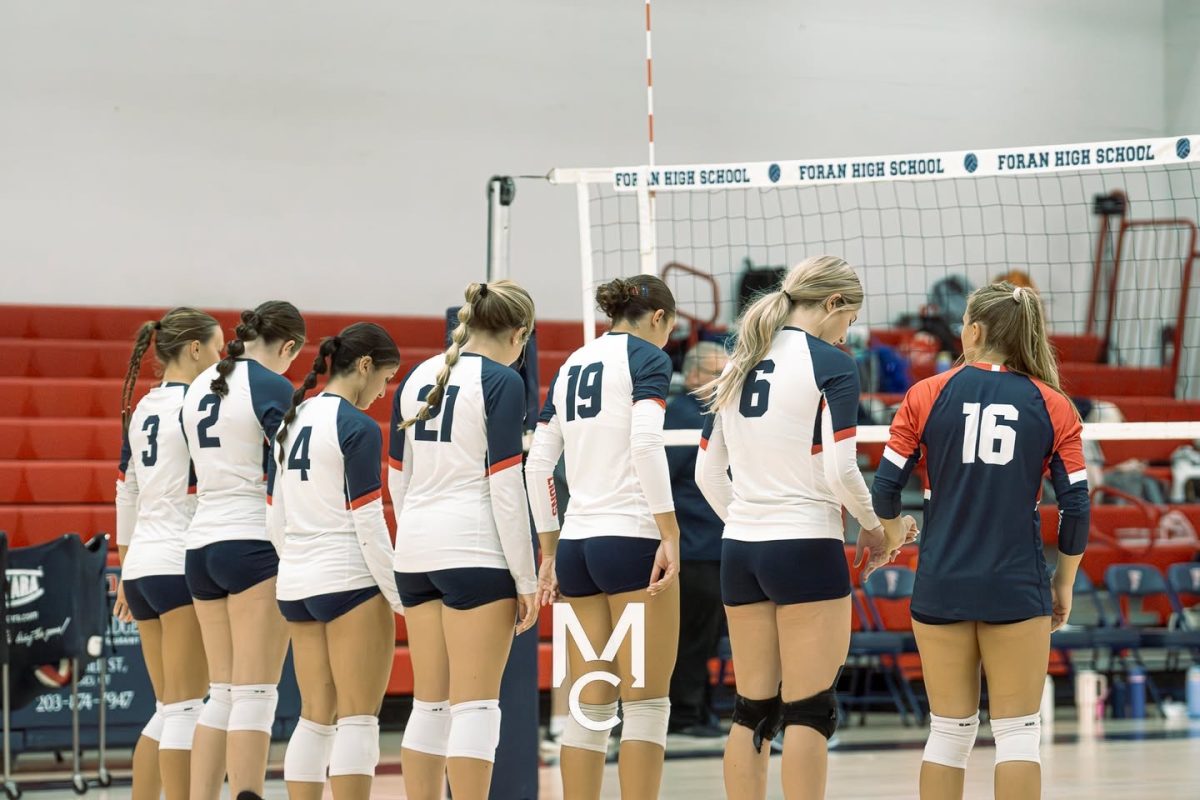Book bannings have been taking place in America since the middle of the 17 century, but in recent years they have become very common, very quickly. The amount of book bannings filed from 2021 to 2022 increased by more than 75%, according to PBS.org
There are hundreds of reasons that people could file requests for book bannings. The least of which are sexual content and obscene language. Most book bannings are done with the intention to protect young audiences from content that is found inappropriate. With that task comes the question of who decides what is appropriate, and, more importantly, why they do.
Banned Book Week began in 1982, and takes place October first to seventh of each year. There are plenty of things that you can do to help celebrate. Libraries often show off a collection of banned books during or near that time period. For people who disagree with the idea of taking information and books away in general, this is a prime time to do a reading run of books that people ban for what seems to many people to be reasons without a viable basis.
Freshman Emily Moore states, “Some books have a good reason to be banned, but not most”The controversy over banned books has been increasingly prominent in our culture as the frequency of book banning requests increase. One side of the argument is that everyone should have access to information if and when they need it. Letting other people control what you can and can’t read gives them far too much power, especially when they ban them for containing content that is found inappropriate only by a select few people or groups. These include portrayals of Queer characters, or discussion over race, prejudices, and other fragile topics.
Freshman Caelan Bannick states, “As they shut down, the education they provide goes away too. This education is essential.”
The other side argues that the general public, and young people in general should not have access to whatever information they want. There are an incredible amount of texts, each one being different, and with a variety of maturity levels within libraries and schools. The release of information should be controlled so that everyone is and should be ready for whatever they are reading, even if it comes at the expense of valuable knowledge and a population that can form opinions without missing pieces of information.
Two books that are banned quite frequently and are included in Foran’s curriculum are To Kill a Mockingbird and Of Mice and Men. The books are banned for their portrayal of racism and use of vulgarity, but many teachers use these aspects as teaching points, which is why these are two of the most taught novels in classrooms across the country.
Foran’s Teaching and Learning Commons (TLC) has been sporting an entire exhibit on banned books in celebration of Banned Book Week. During the holiday itself Foran even had trivia about banned books. Librarian Ms. Jackie DeLoma hopes that the exhibit will pique students’ interest and help to bring attention to the topic of banned books in general as well as a few in particular that have been targeted and banned many times including Genderqueer and All Boys Aren’t Blue.
Deloma states, “The whole state supports us if someone tries to challenge a book.”
She is very grateful that the school is not alone in fighting against banned books, and is diligently working to prevent ignorance on the subject of banned books since, in her words, “They infringe on intellectual freedom.” Students in Foran and people across the country have strong ideas about the banning of books, but for everyone Banned Book Week is a time to learn more about them and what they mean for our world.









Mailliw B. | Oct 25, 2023 at 5:01 PM
Very insightful read!